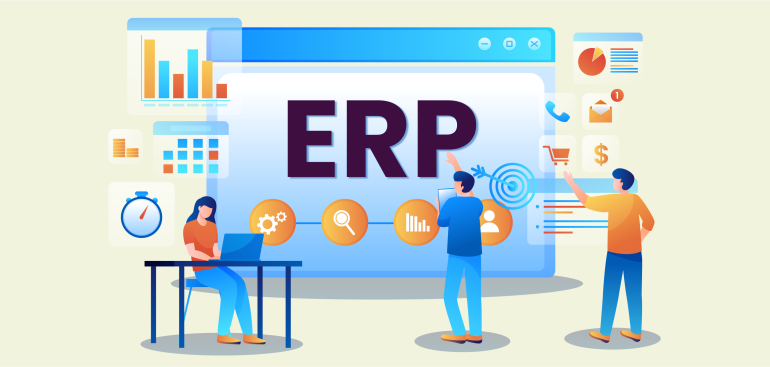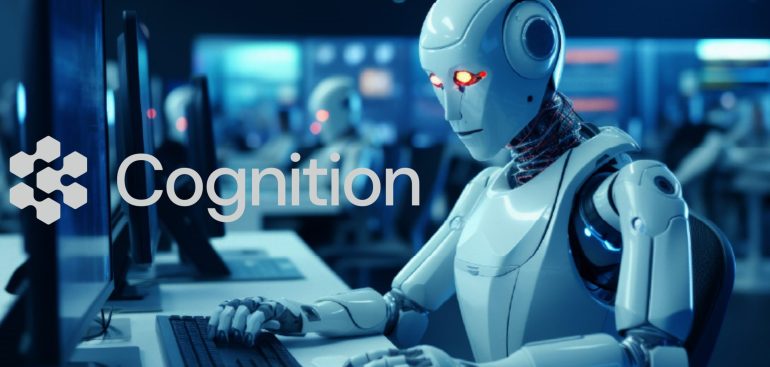In the ever-evolving landscape of Industry 4.0, where digital transformation and innovation reign supreme, quantum technology emerges as a game-changer. Quantum computing, with its unparalleled computational power and capabilities, is revolutionizing the way industries simulate, analyze, and optimize complex systems. Let’s delve into how harnessing quantum technology is shaping the future of industry through cutting-edge simulations.
Unlocking Unprecedented Computing Power
Traditional computing systems, while powerful, often face limitations when dealing with highly complex simulations and data-intensive processes. Quantum computing, based on the principles of quantum mechanics, introduces a paradigm shift by leveraging qubits, the fundamental units of quantum information. This allows quantum computers to perform computations at an exponentially higher speed compared to classical computers, enabling simulations that were once thought impossible.
Simulating Complex Systems with Precision
One of the key applications of quantum technology in industry is its ability to simulate intricate systems with unparalleled precision. Whether it’s modeling molecular structures for drug discovery, optimizing supply chain logistics, or simulating financial market scenarios, quantum simulations provide insights and solutions at a level of detail that was previously unattainable. This empowers industries to make data-driven decisions, mitigate risks, and drive innovation.
Accelerating Innovation and R&D
Quantum simulations not only enhance existing processes but also catalyze innovation and research and development (R&D) efforts. Industries can explore new materials, design more efficient processes, and optimize production workflows with the help of quantum-powered simulations. This accelerated pace of innovation fuels competitiveness and drives progress across sectors, from healthcare and manufacturing to finance and energy.
Addressing Challenges and Opportunities
While quantum technology offers immense potential, it also presents challenges such as scalability, error correction, and access to quantum resources. Industry leaders and researchers are actively addressing these challenges through collaborative efforts, advancements in quantum algorithms, and the development of quantum-ready software and infrastructure. As quantum technology matures, its integration into industry workflows will unlock new opportunities for growth and advancement.
Embracing the Quantum Future
The journey towards harnessing quantum technology for industry is ongoing, marked by continuous innovation, collaboration, and exploration. As we navigate this quantum revolution, staying abreast of developments, investing in quantum literacy and skills, and fostering partnerships will be key to reaping the full benefits of quantum simulations in Industry 4.0 and beyond.




